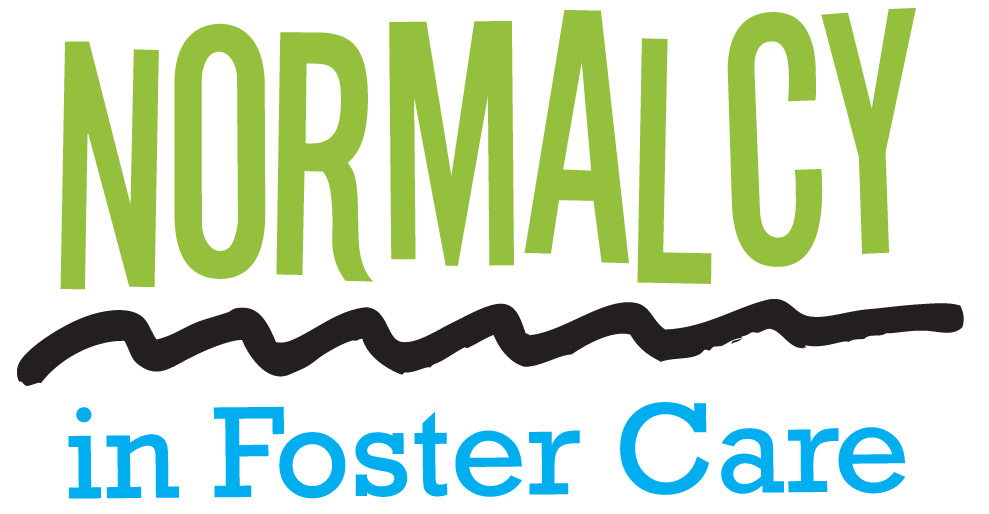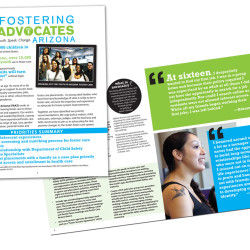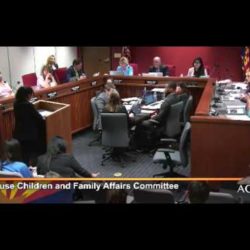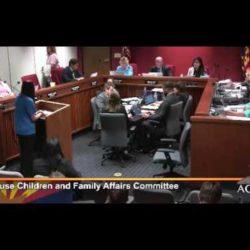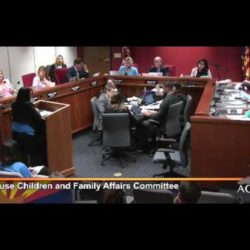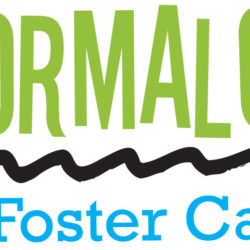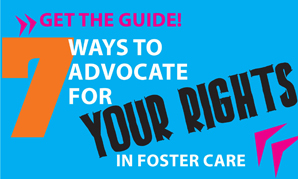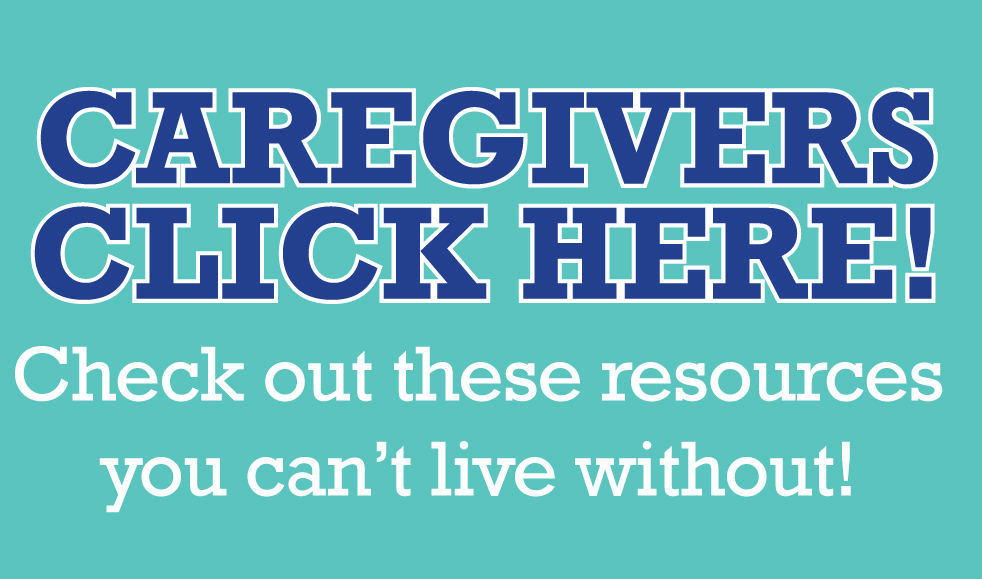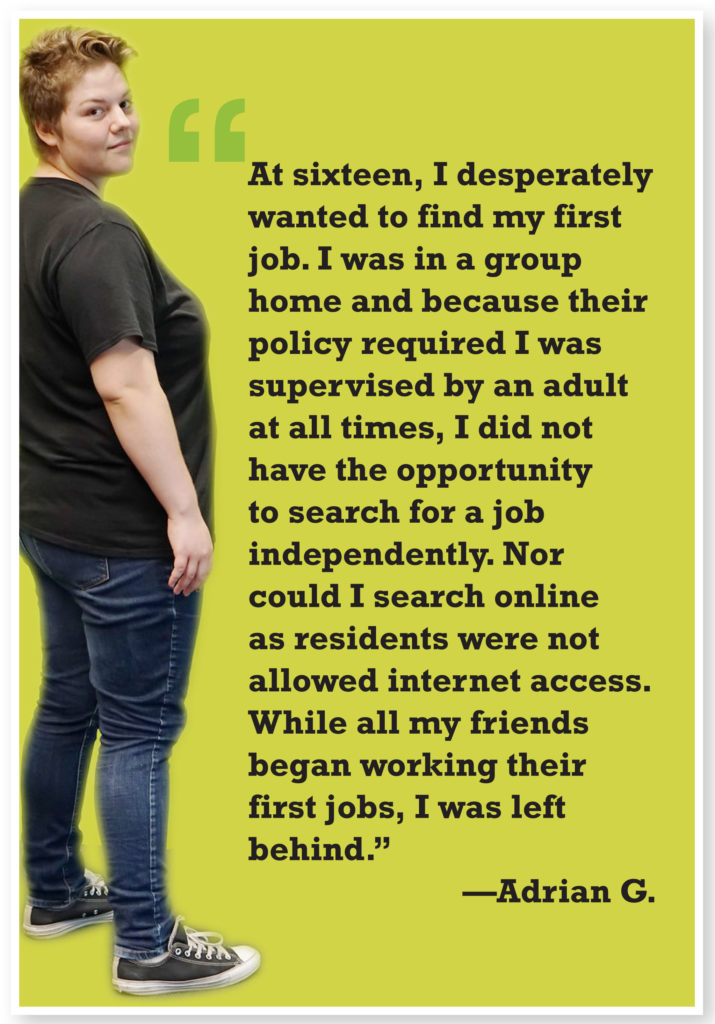 As youth in foster care, we want to feel “normal.” Unfortunately, many of us feel far from normal when we are unable to engage in the same activities as our friends who are not in foster care.
As youth in foster care, we want to feel “normal.” Unfortunately, many of us feel far from normal when we are unable to engage in the same activities as our friends who are not in foster care.
In fact, many of us in foster care miss out on critical mile-stones which are instrumental in our self-development, learning, and overall happiness. So whether it’s playing school sports, having access to the internet or a cell phone, getting a job, attending cultural events, field trips or hanging out with our friends, these activities and privileges help us build and practice lifelong skills needed for a successful adulthood.
But there is good news about normalcy and foster care that we want other youth and their adult caregivers to know about. It’s a Federal law called the Preventing Sex Trafficking and Strengthening Families Act (SFA). SFA requires states to implement “normalcy” requirements into their own state laws and regulations in an effort to better ensure permanency, positive development and overall well-being for those of us in foster care.
 What is Normalcy?” Normalcy for young adults in foster care means we don’t miss out on everyday experiences such as hanging out with our friends after school, going to dances, high-school football games, or getting a driver’s license. It means the Department of Child Safety must ensure that we, despite our circumstances or whether we live with a foster family or in a group home, can engage in age and developmentally appropriate experiences, as it is critical to our transition into strong and independent adults.
What is Normalcy?” Normalcy for young adults in foster care means we don’t miss out on everyday experiences such as hanging out with our friends after school, going to dances, high-school football games, or getting a driver’s license. It means the Department of Child Safety must ensure that we, despite our circumstances or whether we live with a foster family or in a group home, can engage in age and developmentally appropriate experiences, as it is critical to our transition into strong and independent adults.
What is the Strengthening Families Act (SFA)? Signed into law by President Obama in September 2014, the SFA is designed to promote the well-being and normalcy of youth in foster care. The law establishes the Reasonable and Prudent Parenting Standard (RPPS) to guide and give foster parents, caregivers, and group home providers more decision making authority about daily, age-appropriate activities for youth in their care.
What was Foster Care like before SFA? Before the SFA, policies and practices of child welfare systems were based on three priorities- the safety, well-being, and permanency of children and youth. Due to real and perceived constraints, Child Welfare Agencies often unintentionally limited and denied participation in everyday activities. Consequently, we were often restricted from engaging in activities and normalcy-related experiences limiting agency risk and liability. By focusing primarily on safety, we were prevented from experiencing opportunities that are essential for our transition to adulthood, including the development of social supports and decision making with the guidance of caregivers and adult allies. Read more at the Juvenile Law Center.
What does this mean for Youth? If you ask us, we will tell you we feel “different” when we are restricted from participating in typical activities of other young people our age. With the implementation of the SFA, we now have more support and flexibility to:

We have the right to participate in the same age and developmentally appropriate activities that our non-foster care peers participate in. Examples include:
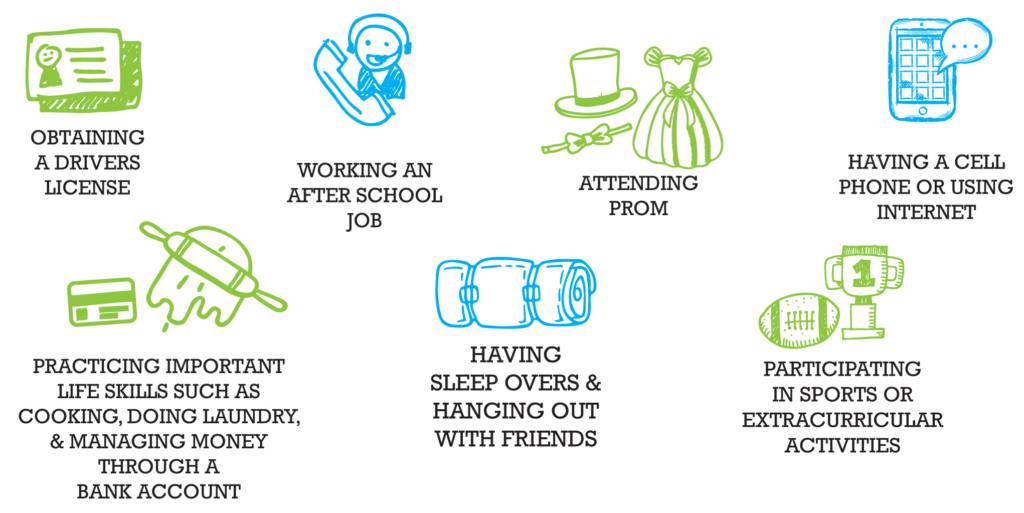
What this does not mean for Youth With the new normalcy provision of SFA, caretakers have more autonomy to make decisions on our behalf regarding participation in extracurricular, enrichment, cultural, and social activities. With that said, more autonomy in decision making does not mean every activity we request will be approved by our caregiver(s). Careful and sensible decisions are determined by caregivers using several factors including whether the activity is age and/or developmentally-appropriate; conflicts with court orders or judgments, and/or case plans; our history of behavior and established trust, as well as any foreseeable risks and cost associated with the activity.
How does this play out in real life? Lets say you are 16 years old and you want to get your driver’s license. Even though this falls under a “normal” life experience, several factors must be taken into consideration before a caregiver can give approval. Questions you and your caregiver may discuss are; how can you cover the costs of a driver’s education training course, driving permit, and associated fees? Can you drive the caregiver’s vehicle to obtain your permit? Can you drive the caregiver’s vehicle once you get your license? How do you obtain insurance and how will the costs be covered?
Talk with your DCS Case Specialist, caregiver(s), or lawyer and also the judge about what normalcy related activities you want to take part in and ask that they be included in your case plan. If you feel like these everyday activities are not being supported or are denied unjustly, talk to your team about the reasons. If you’ve exhausted all your resources and still disagree with the decision, you always have the right to file a complaint/grievance. A complaint (or grievance) is a written or verbal expression of dissatisfaction about services, actions or lack of actions or manner of treatment by the Arizona Department of Child Safety or its staff affecting you or your case. You can file a grievance with the Arizona Department Of Child Safety Family Advocacy Office at 1-877-527-0765 or 602-364-0777. Visit here.
Still have questions? Check out “7 Ways to Advocate for your Rights in Foster Care”.
What does this mean for Foster Parents and Caregivers?
It means that you as foster parents, caregivers and group home providers have more flexibility to say “yes” to youth to engage in activities that promote and ensure normalcy. It means saying “yes” without having to navigating multiple level of permission and authorization through your licensing agency or the Department of Child Safety to make decisions on behalf of the youth in your care.
Tips for Youth, Foster Parents, Group Care Providers, Caregivers and Adult Allies.
- Discuss what “normal” experiences means to you. This could include activities many people take for granted including using the internet or having a cell phone, going on a weekend trip, playing a sport or going to a movie with friends.
- Be up-to-date on requirements and trainings to implement the Reasonable and Prudent Parenting Standard for foster parents, caregivers and group care providers. This includes what decisions can be made by caregivers without consulting the Department of Child Safety as well as when the Department must be notified for approval or consultation. For an overview of the Arizona Department of Child Safety Caregiver Procedures for Reasonable and Prudent Parenting Standard (RPPS) click here.
- Check out our video and hear from the experts, young adults who have experienced foster care, on what normalcy means to them.
Watch videos now about Normalcy in Foster Care:
